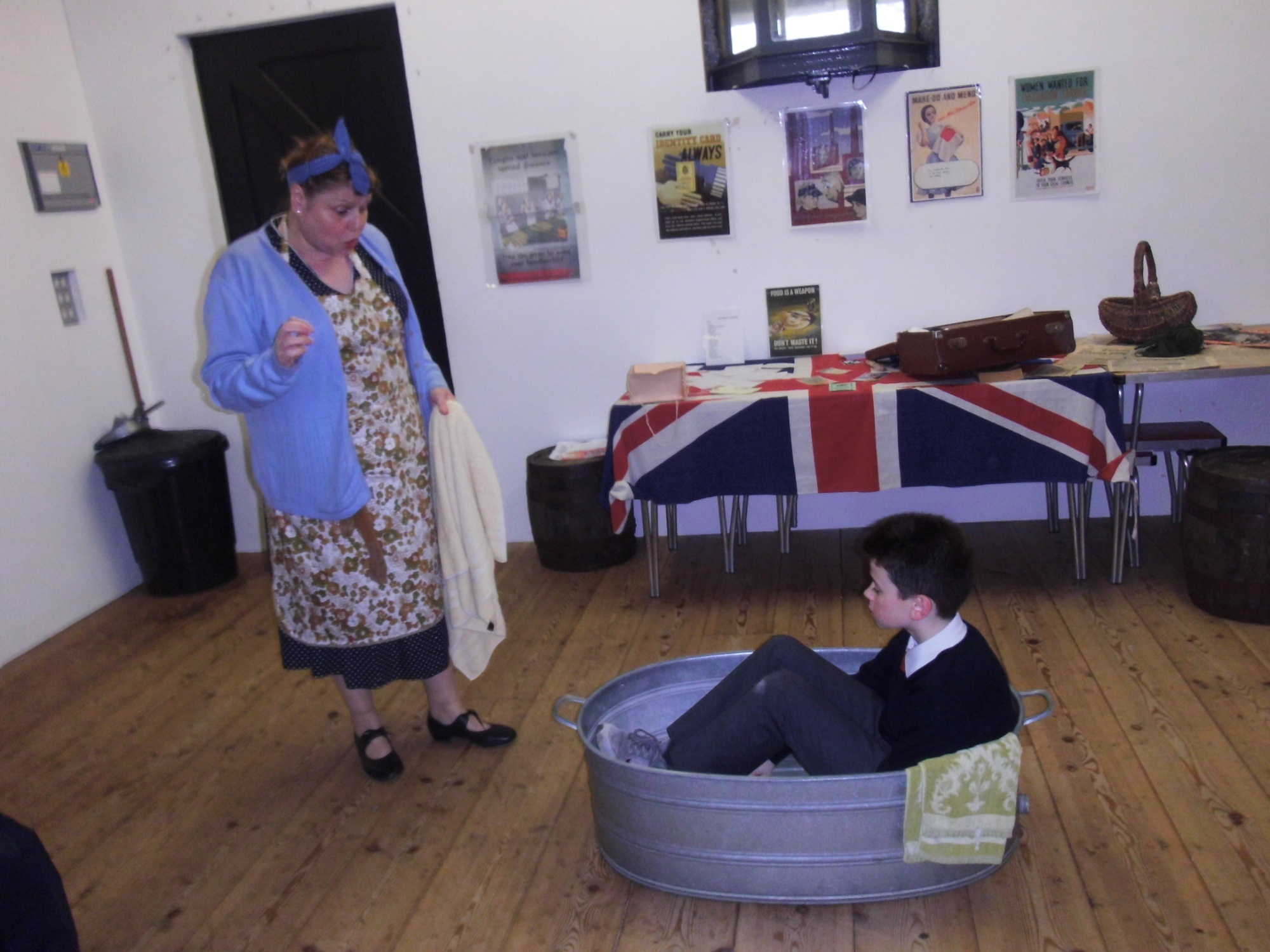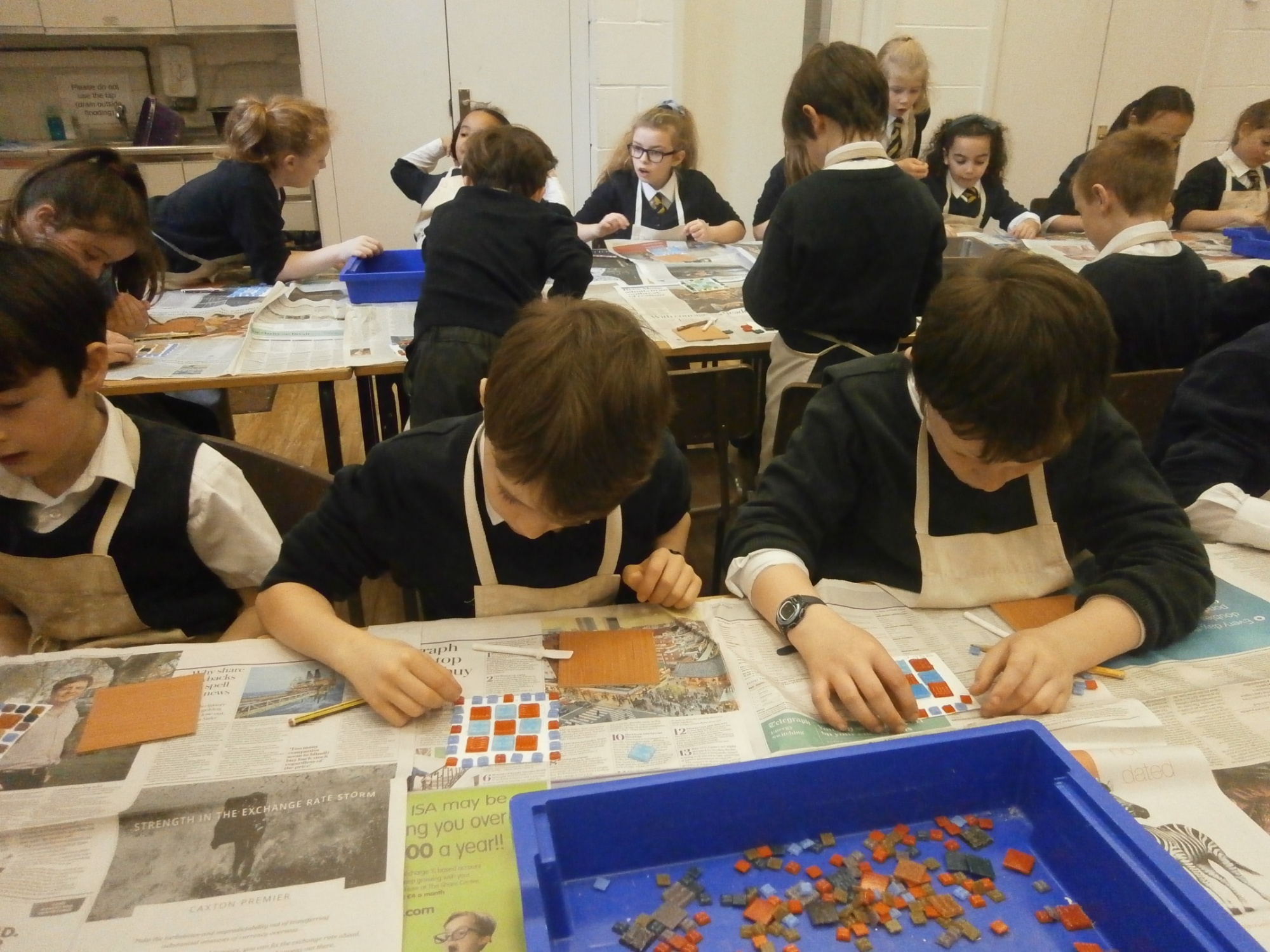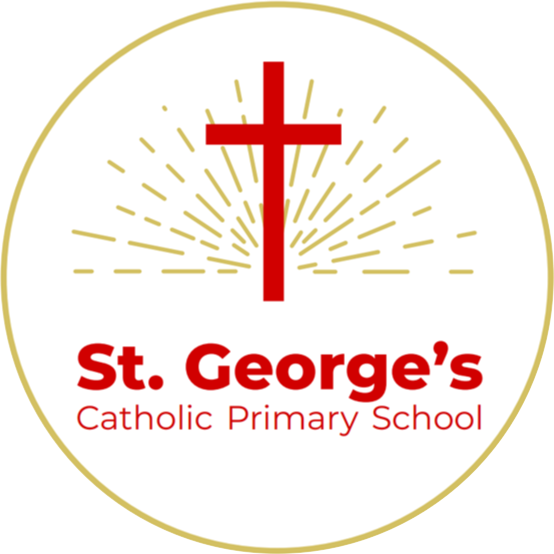History
At St George’s, the history curriculum aims to provide all pupils with a comprehensible knowledge and understanding of Britain’s past and the wider world. History challenges children to ask perceptive questions, think critically, analyse evidence and develop balanced judgements. We aim to provide a diverse and enriching curriculum, sparking their curiosity of the past as well as considering its effect and impact on our present and future. History encourages pupils to understand the complexity of people’s lives, the process of change, the diversity and relationships of various societies, including their own identity.
At St George’s school, we deliver the History programme of study for EYFS, KS1 and KS2 with support from the ‘Kapow’ History scheme of work. This offers the children a broad variety of topics, supporting the aims and targets of the National curriculum, a clear progression of specific and age-appropriate historical vocabulary and skills, enquiry focused learning, chronological awareness, the importance of sources and interpretation and inspiring the children to think as an historian.
Children will have the chance to engage in a variety of school based and external activities, including educational visits like the Gunpowder Mills and St Albans. As part of our wider school vision and enrichment for history, St George’s also commemorates historical events and individuals throughout the year including; Black History month and Remembrance Day.
‘History is who we are and why we are the way we are.’ David McCullough.
‘We are not makers of history. We are made by history.’ Martin Luther King, Jr.
Mrs A Garner – Subject Leader
In EYFS children explore the concept of history through the ELG: Past and Present. Children will have the opportunity to explore past and present through meaningful and relevant activities which might be link to themselves and their families or toys and story books, which sets a secure foundation for the children to build on in KS1.
In Key Stage 1 children will be given the opportunity to discover:
- How have I changed history?
- How have toys changed? Discovering what toys were like in the past, the similarities and differences of toys over time and developments that have affected the change in toys.
- The
- How schools were different in the past?
- The history of flight, including the Wright Brothers, Bessie Coleman, Amelia Earhart and the moon landing.
- What is a monarch? Focusing on King Charles III and William the Conqueror.
At Key Stage 2, children will continue to develop their historical skills and thinking, focusing on British, local and world history including:
- Changes in Britain from the Stone Age to the Iron Age.
- The Roman Empire and its impact on Britain.
- The achievements of the earliest civilizations overview with an in-depth study of Ancient Egypt.
- Britain’s settlement by Anglo-Saxons and Scots.
- How children’s lives have changed? Discovering the changes from Tudor times to the present and the work of Lord Shaftesbury.
- The achievements of the Maya civilisation and how they influenced their society and beyond.
- The Viking and Anglo-Saxon struggle for the Kingdom of England to the time of Edward the Confessor.
- What does the Census tell us about our local area?
- What life was like in Tudor England, including a focus on our local area and the site of Elsyng Palace.
- What was the impact of World War II on the people of Britain? With particular focus on the Battle of Britain, the Blitz, evacuation and migration to Britain in post-war years.
- Ancient Greece
- Who should go on a bank note? An exciting opportunity for Year 6 to consider the significance of historical figures.






